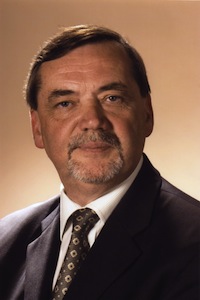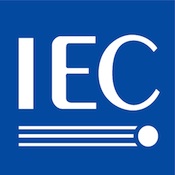
News
IEC calls for a global taskforce to coordinate energy efficiency initiatives
September 18, 2010 | By Anthony Capkun
At the World Energy Congress in Montreal, the International Electrotechnical Commission (IEC) called for a global taskforce to coordinate technology-based energy efficiency initiatives in an effort to increase coherence and reduce duplication and wasted time.
It did so as it launched its white paper, “Coping with the Energy
Challenge”, which attempts to outline how the energy chain needs to be
altered to achieve ambitious carbon emission reduction targets of 20% by
2020. In light of its findings—and with the demand for electricity
expected to triple by 2050—it also identifies areas offering highest
potential for short- and medium-term energy efficiency results, as well
as their underlying standardization needs.
 “‘Business as usual’ is no longer an option,” said IEC president Jacques
“‘Business as usual’ is no longer an option,” said IEC president Jacques
Regis. “We need to fundamentally change how we generate and consume
energy. All stakeholders need to work together on a planetary scale to
reduce currently occurring duplications and ensure better outcomes for
technology-based climate change initiatives.”
A key element to achieving those emission targets, said Regis, will be
the broad adoption of the concept of ‘smart electrification’.
{mospagebreak}
“While, as an organization, we have always delivered the underlying
frameworks needed to enable the roll-out of energy-efficient
technologies, we must now broaden our scope to include a systems
approach on a global scale and achieve a closer cooperation with
governments and regulatory bodies,” said Regis.
Major conclusions from the white paper include:
Redesign the energy chain
There is a need to look at how we generate and consume energy, to
redesign systems on a global scale, not individual products in specific
countries/regions. This will directly impact how standards will be
written and used.
 Greater efficiency needed in how we use raw energy
Greater efficiency needed in how we use raw energy
The smarter use of electric energy can reduce emissions by using energy
more efficiently through a system-wide approach. It is anticipated that
the energy saved can help drive economies everywhere, and provide more
power to the energy poor.
Technology coordination needs to be put in place
There is a need to ensure global coordination between all stakeholders
to ensure technical feasibility is guaranteed globally, and
standardization is consistent internationally.
The IEC aims to develop necessary reference and systems architectures to
achieve a smart electrification future, and seek greater collaboration
and co-operation with international organizations, governments and
regulatory bodies.
CLICK HERE for IEC.
Print this page